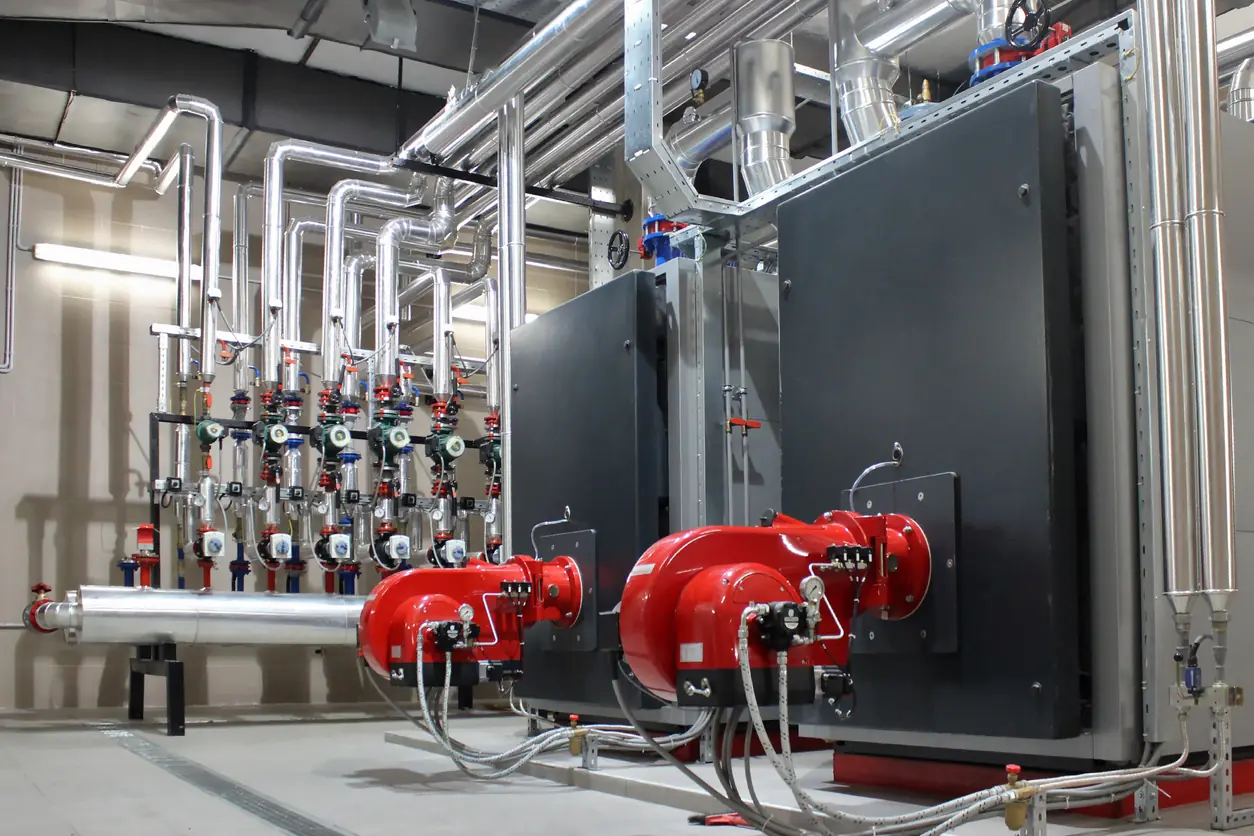SiteWatch 360 can provide early warning of machine failure, because any machine that's starting to fail is likely to begin drawing more power and will probably overheat, which can materially reduce a motor's life. There are several possible reasons for this…
- Overvoltage. Reducing the current to compensate for high voltage may not entirely reduce excessive heat. It is best to know the operating capacity of your motors.
- Frequent cycling or starting and stopping. Limiting how often the motor starts and stops can reduce its heat. Online motor monitoring is the easiest way to keep track of the starting and stopping of the machine.
- Power conditions often result in overheating. Poor power quality is often associated with the use of VFDs, although the VFD may not be the primary cause of the problem. (It could be your local utiity).
- Environmental conditions. Operating electric motors in poor environmental conditions can also lead to excessive heat, due to inadequate colling for the conditions.

If a machine's normal range of operation is between 50 kW and 70 kW, we can set alerting function in the software to, say, 45kW and 75kW which will send out an email or a text message after an adjustable period of time has elapsed - e.g. 3 minutes or 3 hours.
SiteWatch 360 has the ability to provide alerts when a machine is failing as a result of several factors at the same time. Let's consider a water-cooled chiller, for example. A compound alert could be sent out ONLY IF the power draw of the chiller increased by >X% AND the cooling water temperature increased by >Y% OR the water-flow decreased by >Z%. (There is no practical limit to the number of variables that can be taken into account before an alert is generated.)
In any event, receiving early warning that a particular machine is beginning to fail provides time to take the ailing machine out of service in time to put another machine in place and avoid catastrophe.
